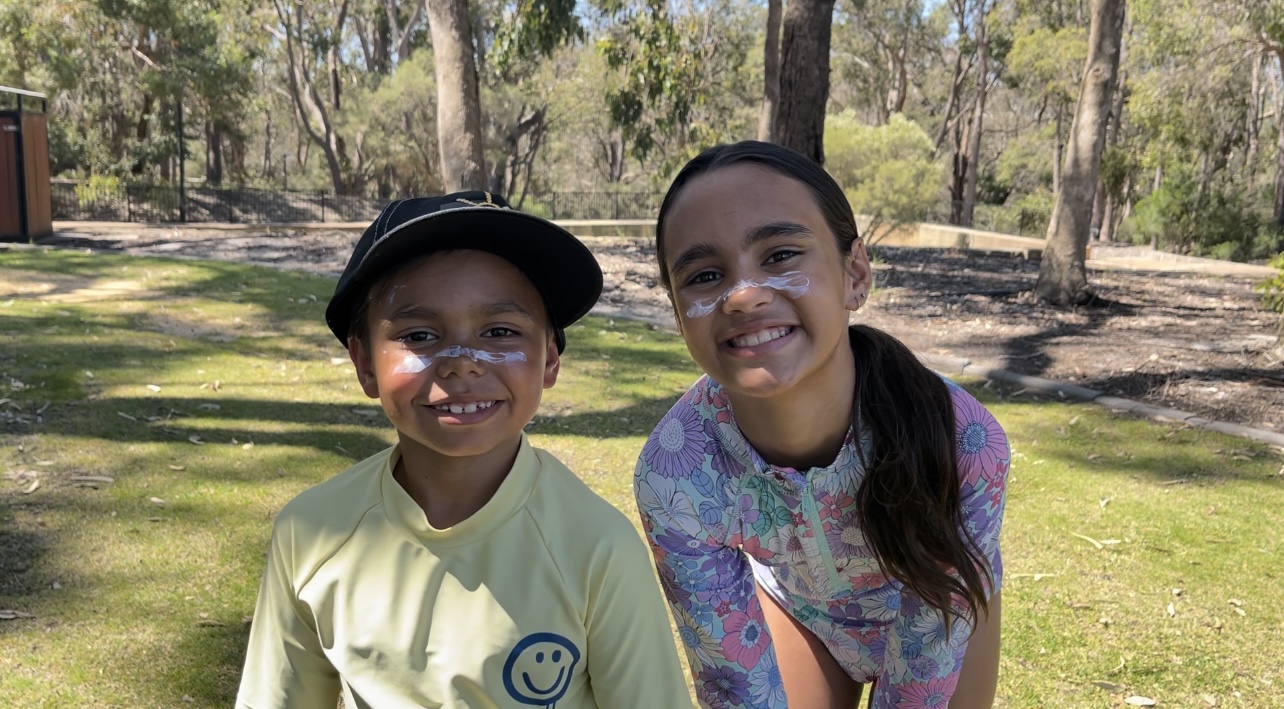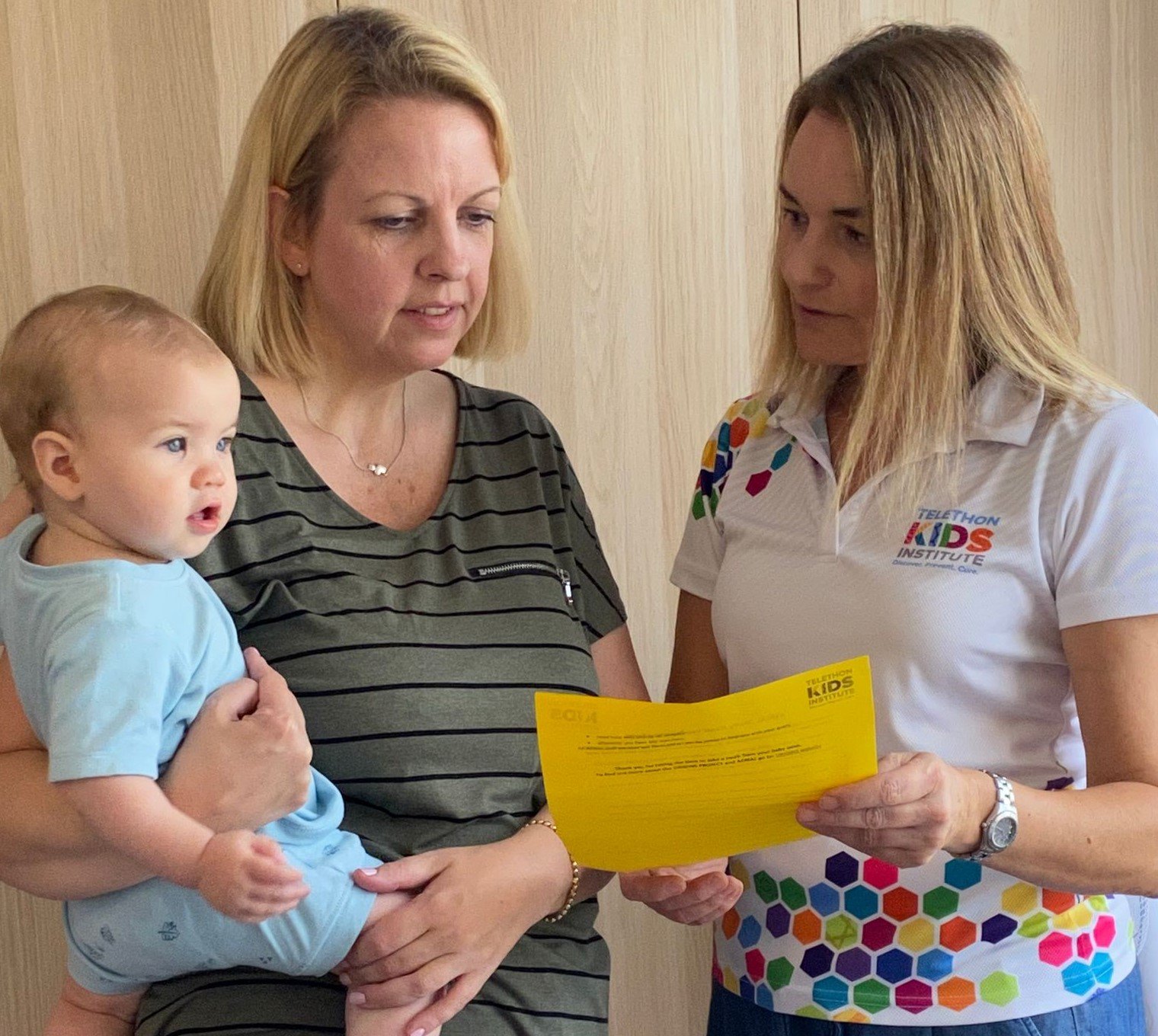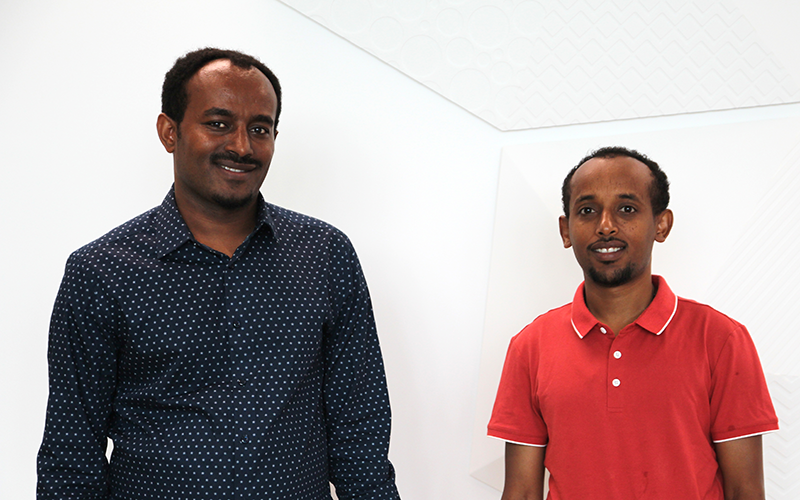Search
Showing results for "Au"

News & Events
Major funding aims to improve skin cancer outcomes for young Aboriginal peopleVital research promoting sun smart choices and skin cancer prevention for young Aboriginal people is now underway at The Kids Research Institute Australia thanks to a $100,000 Perpetual 2024 IMPACT Philanthropy grant.
Research
Type 1 DiabetesA lifelong auto-immune condition that can affect anyone, but is most commonly diagnosed in childhood.
Research
NutritionThe science that interprets the way nutrients and other substances in food affect maintenance, growth, reproduction, health and disease.
Research
SToP (See, Treat, Prevent) skin sores and scabies trial: study protocol for a cluster randomised, stepped-wedge trial for skin disease control in remote Western AustraliaSkin infection burden in remote Aboriginal communities can be reduced by the See, Treat, Prevent (SToP skin sores and scabies) trial
Research
SNAP-PYThere are an estimated 5000 episodes per year of bloodstream infections due to Staphylococcus aureus (golden staph) in Australia and an associated mortality of 20%. Despite this, there is little clinical trials evidence to guide best management.

Find answers to frequently asked questions about ORIGINS.

News & Events
Survivors of drug-resistant TB face long-term health problems: studyNew research highlights the long-term physical health problems faced by people who survive drug-resistant tuberculosis (TB) .
Research
The Future Healthy Countdown 2030 consensus statement: core policy actions and measures to achieve improvements in the health and wellbeing of children, young people and future generationsThis consensus statement recommends eight high-level trackable policy actions most likely to significantly improve health and wellbeing for children and young people by 2030. These policy actions include an overarching policy action and span seven interconnected domains that need to be adequately resourced for every young person to thrive: Material basics; Valued, loved and safe; Positive sense of identity and culture; Learning and employment pathways; Healthy; Participating; and Environments and sustainable futures.
Research
Research priorities for the primordial prevention of acute rheumatic fever and rheumatic heart disease by modifying the social determinants of healthThe social determinants of health such as access to income, education, housing and healthcare, strongly shape the occurrence of acute rheumatic fever and rheumatic heart disease at the household, community and national levels.
Research
Risk factors and comorbidities for invasive pneumococcal disease in Western Australian Aboriginal and non-Aboriginal peopleAustralian Aboriginal people have among the highest rates of invasive pneumococcal disease (IPD) worldwide. This paper investigates clinical diagnosis, risk...
